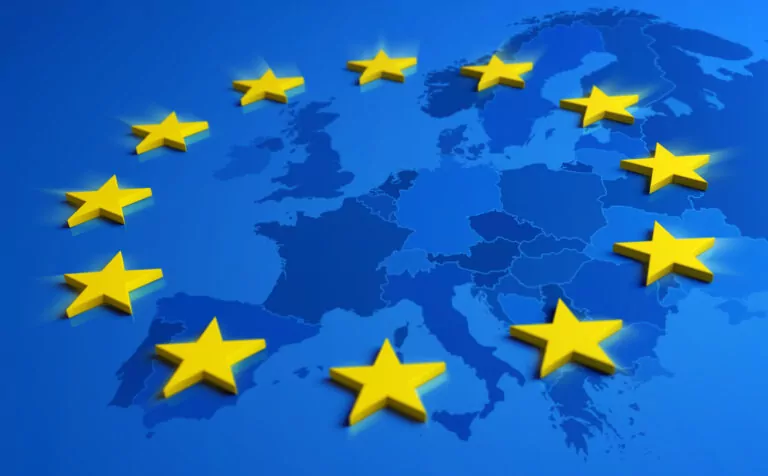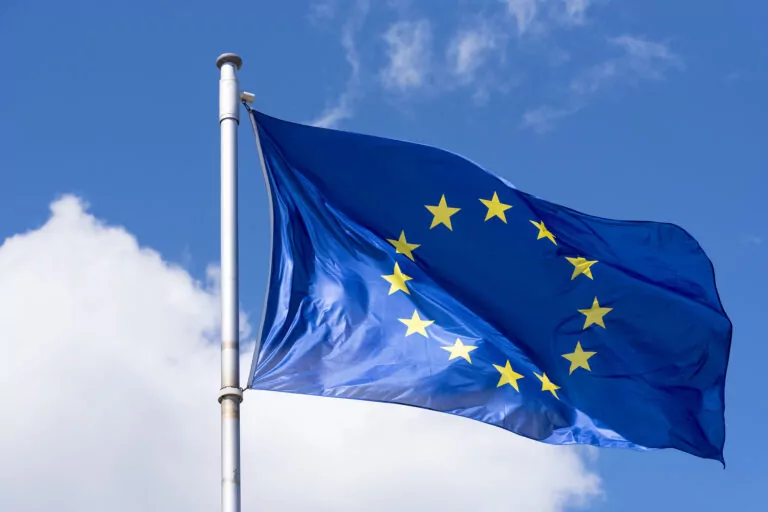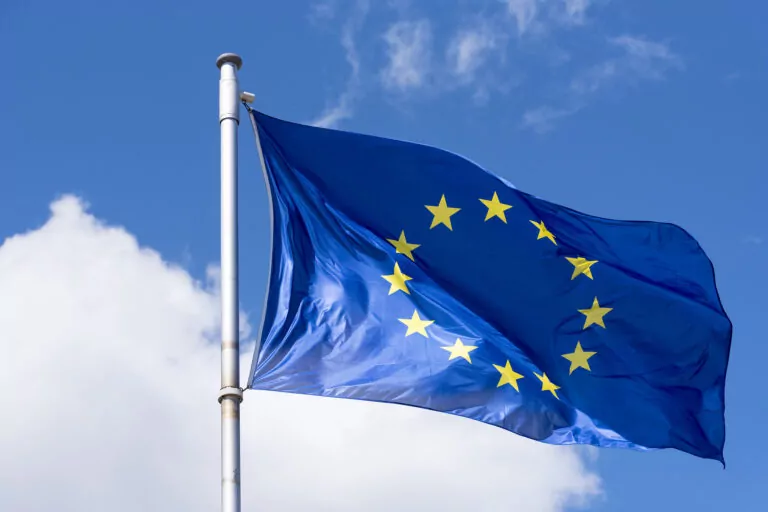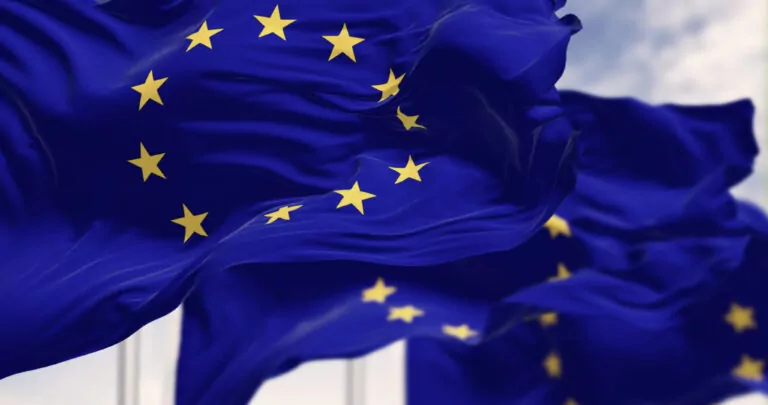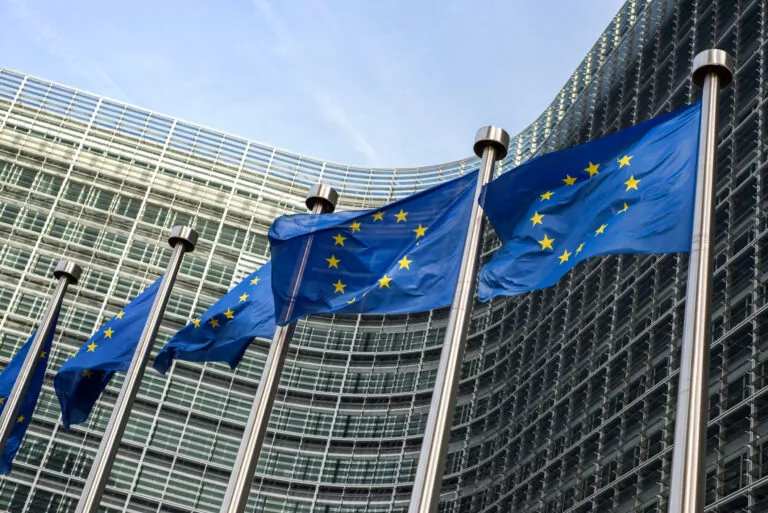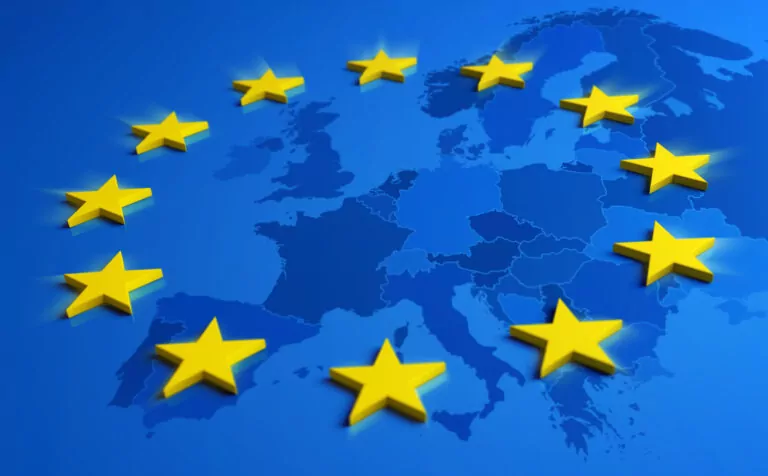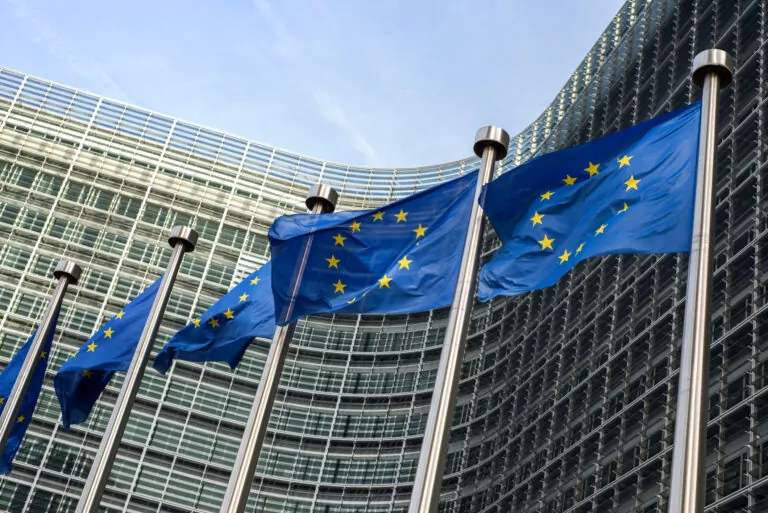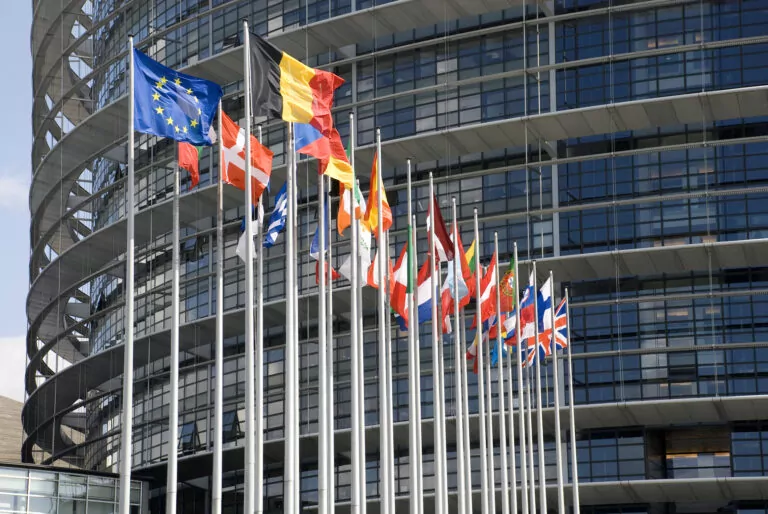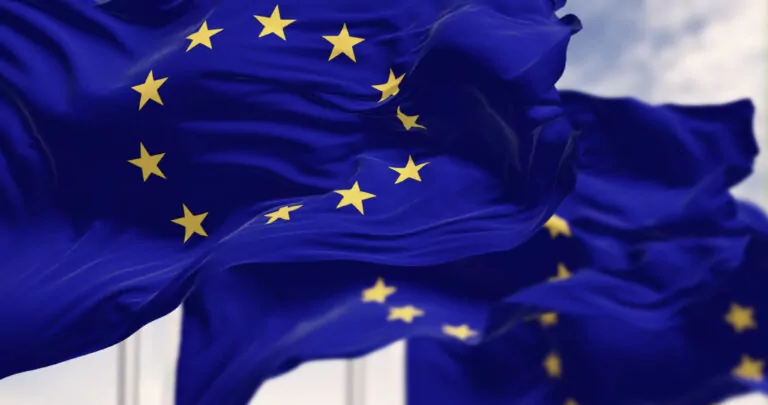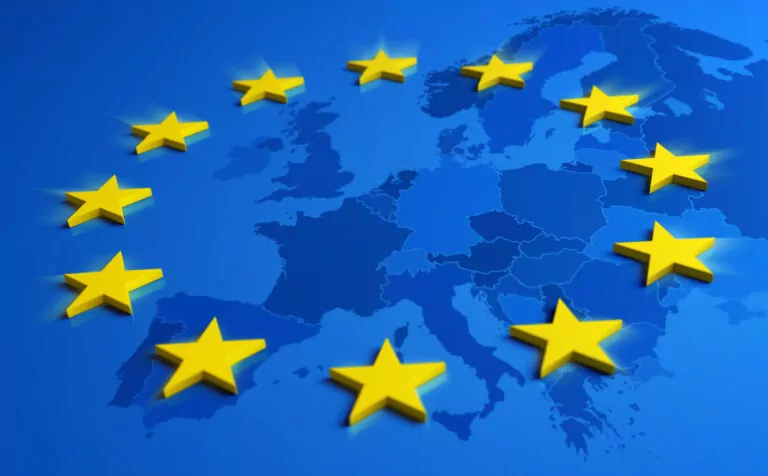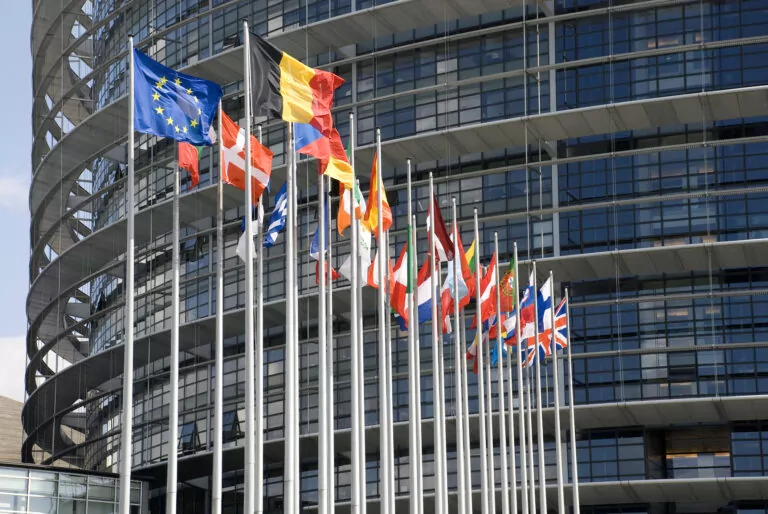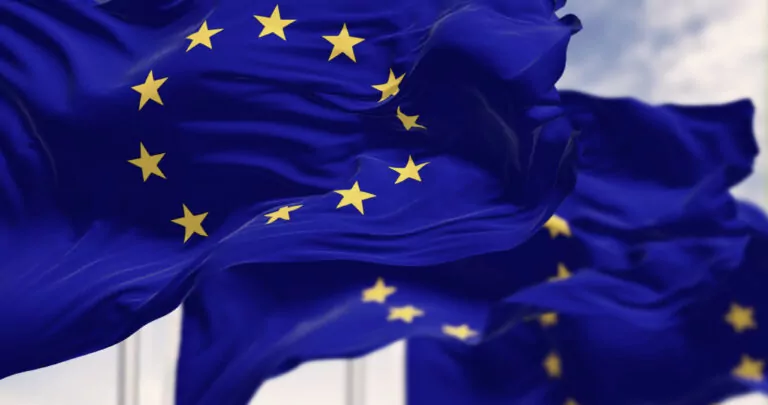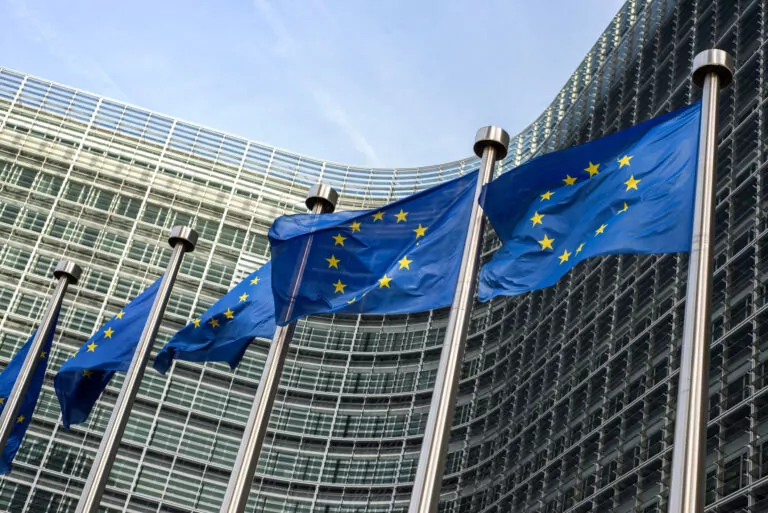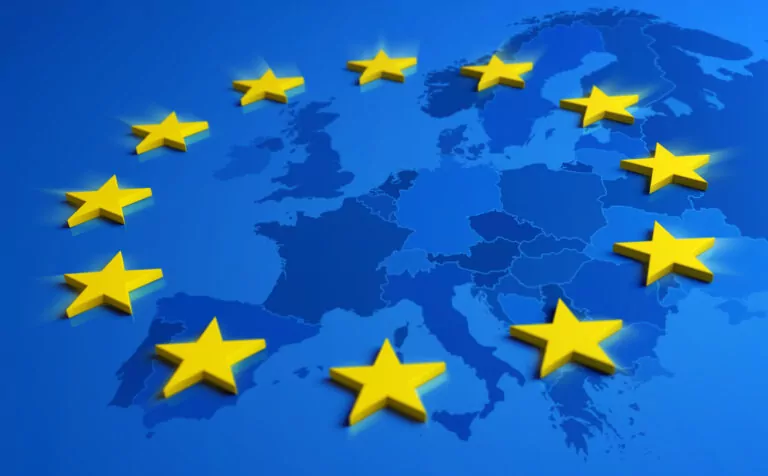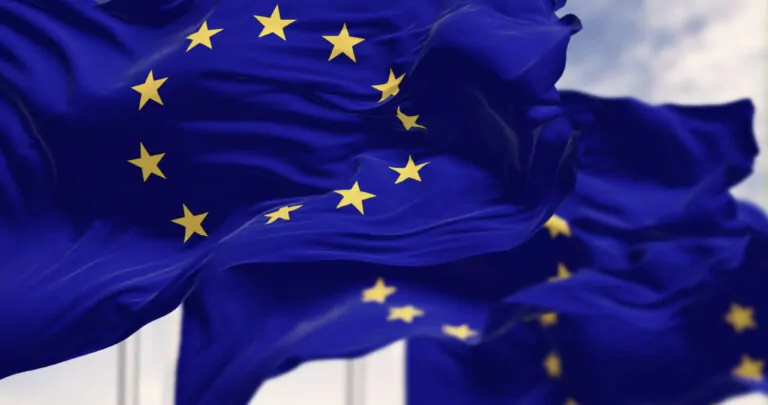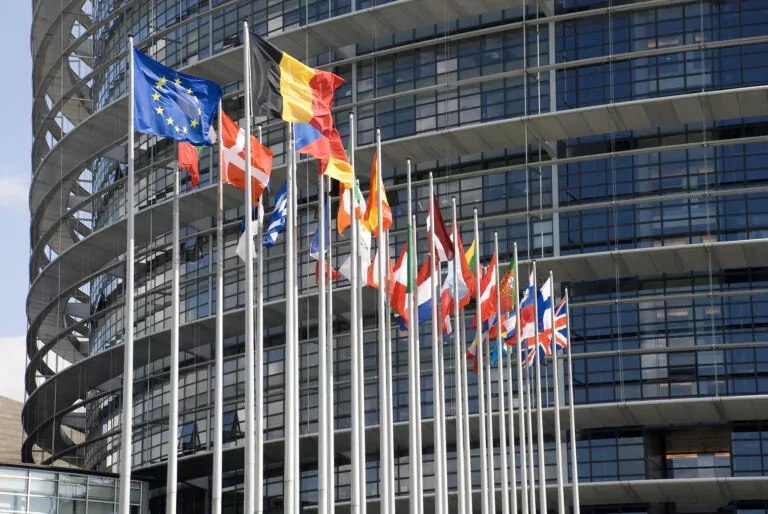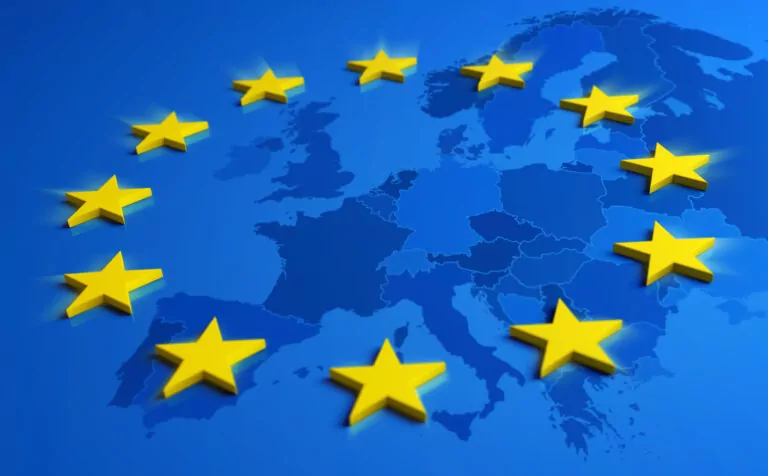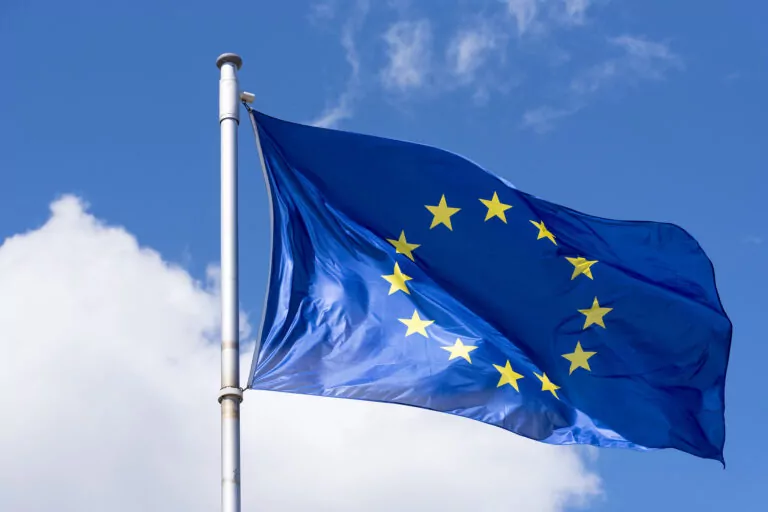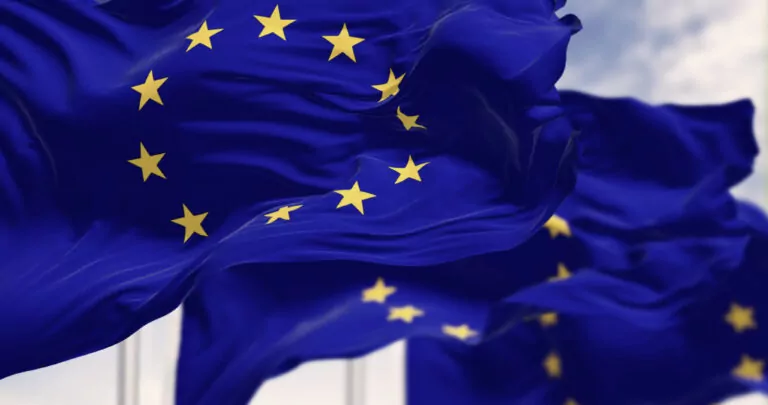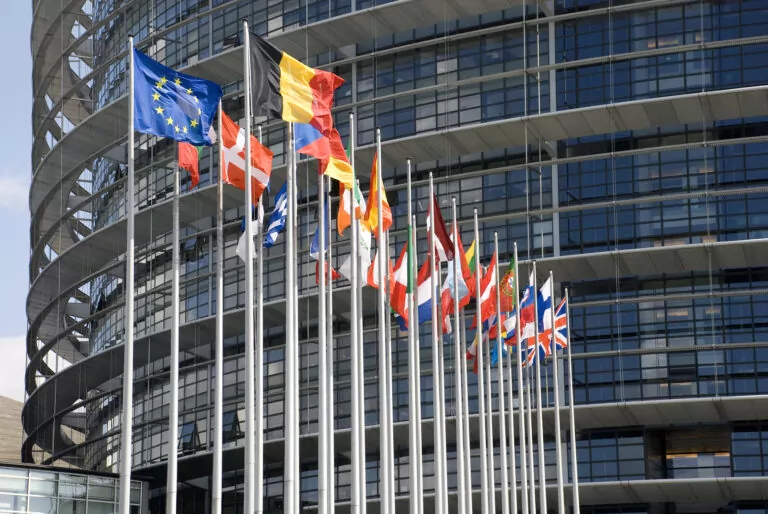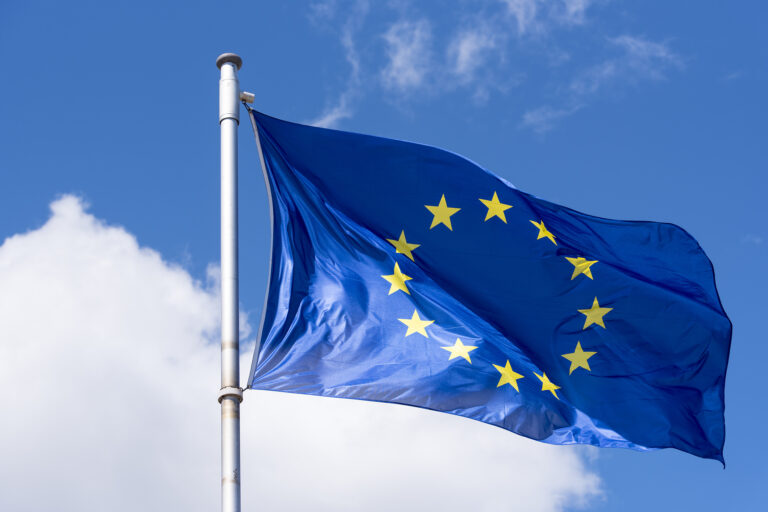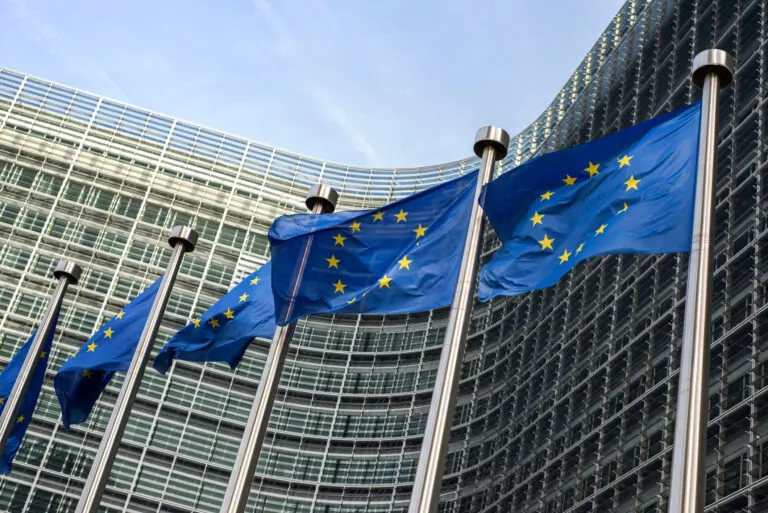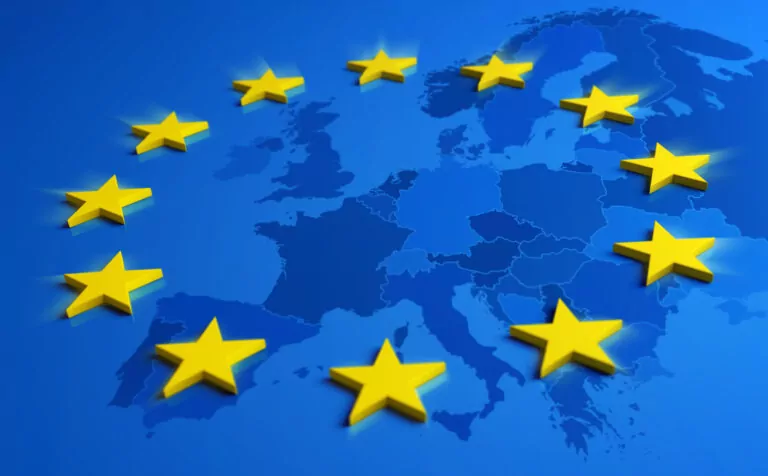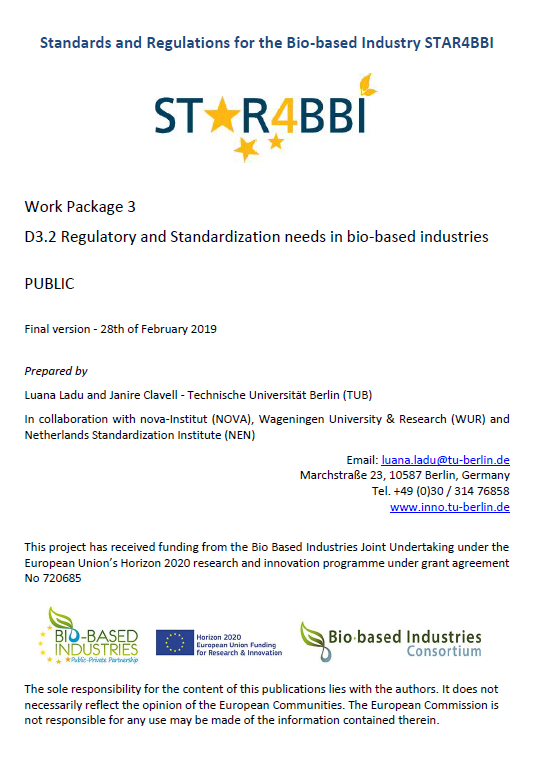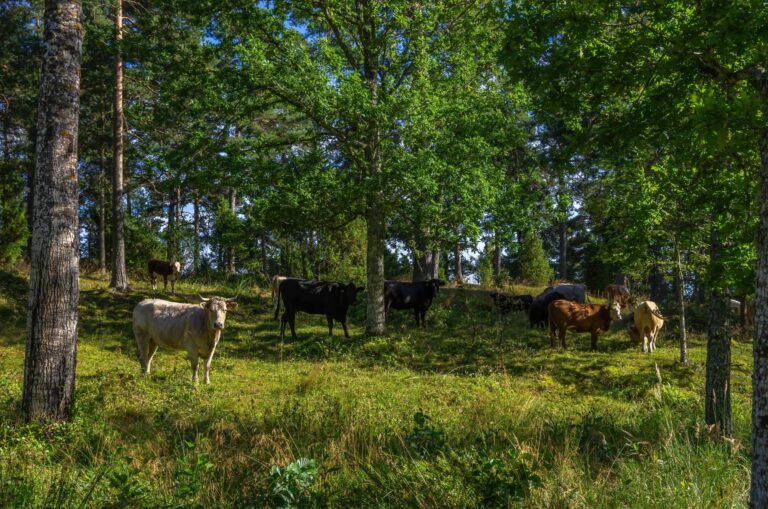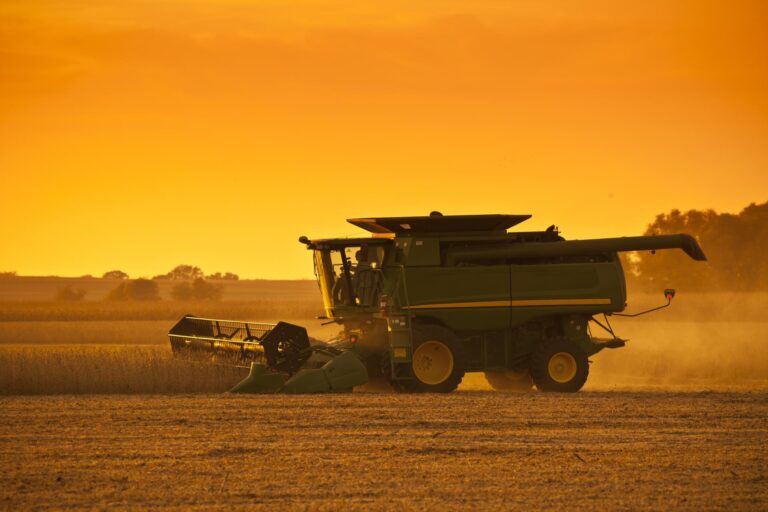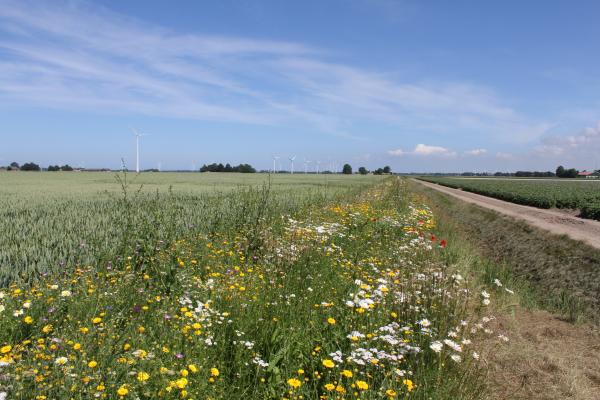Add to favorites:
Share:
In line with the European Green Deal, the EU’s climate targets for 2030 and 2050 and the bioeconomy strategy vision for an economic system that acts within planetary and social boundaries, the successful proposal will contribute to the impact of this Destination on effective policy mixes and multi-level governance to enable a just sustainable transition for all.
Project results are expected to contribute to all of the following expected outcomes:
- new and improved knowledge and better understanding of how bioeconomy sustainability principles for food and other bio-based value chains can be operationalised (e.g. cascading use of biomass or the food-first principle) in different environmental, social and economic contexts. Clarity on future projected sectoral availability and demand for biomass and biomass types will render improved clarity and transparency for businesses and consumers, thus enabling better-informed choices and policy- and decision making;
- new knowledge of how social sustainability, particularly related to distributional (inter-national, intra-national and inter-regional) and inter-generational justice can be captured and operationalised in Bioeconomy Monitoring Systems;
- increased deployment of bioeconomies across Europe considering environmental, social and economic sustainability;
- improve knowledge of the impact of the bioeconomy on ecosystems, and provide options on how to protect /restore ecosystems, contribute to the reduction of biodiversity loss and to climate action, while developing the bioeconomy.
Bioeconomy[1] is a place-based policy framework. The application of sustainability principles in concrete contexts therefore depends on available (environmental and human) assets, challenges and priorities, as well as access to logistics, finance and infrastructure. It is therefore important that sustainability principles are developed both with high clarity of their intention as well as sufficient flexibility to enable implementation in differing contexts. In particular, it is important to assess the impact of bioeconomy on ecosystems and to develop options on how to protect /restore ecosystems while developing bioeconomy. The sustainability principles must be able to give clear direction how to manage situations of conflicting objectives, and ensure that no unintended environmental, economic social consequences follow, preventing unsustainable use of biomass.
Successful proposals are expected to:
- develop or improve the sustainability assessment of bio-based and food value chains, both from land and aquatic systems and their related value webs to increase transparency for businesses and consumers, enabling better informed choices;
- analyse the performance of bioeconomy innovation ecosystems with regard to social, economic, and environmental sustainability, and demonstrate their long-term feasibility (e.g. with regard to infrastructure, climate adaptation, biodiversity and ecosystem protection and restoration). Demonstrate the applicability of bioeconomy sustainability principles in regional case studies, based on the concept of Regional Innovation Valleys for Bioeconomy and Food Systems[2];
- identify and address challenges for the EU, Member States and regions (e.g. public authorities) to deploy sustainability principles and providing policy recommendations to overcome them.
The possible participation of the JRC in the project would ensure that the approach proposed is compatible with the bioeconomy working streams of the Knowledge Centre for Bioeconomy.
International cooperation is encouraged.
This topic should involve the effective contribution of Social Sciences and Humanities (SSH) disciplines, including gender studies[3]. Proposals must implement the 'multi-actor approach', with a consortium based on a balanced mix of relevant actors with complementary knowledge to achieve the objectives of the project, including for instance relevant rural actors.
Proposals should include a dedicated task, appropriate resources and a plan on how they will seek synergies with other with other EU programmes and funding instruments initiatives, and ensure complementarities with relevant activities carried out or to be carried out under other initiatives in Horizon Europe (e.g. funded projects under past ZEROPOLLUTION and CIRCBIO Cluster 6 calls).
Proposals should build on the findings of the “Global Resources Outlook [4]” 2024 from the International Resource Panel.
[1] See definition: European Commission, Directorate-General for Research and Innovation, A sustainable bioeconomy for Europe – Strengthening the connection between economy, society and the environment – Updated bioeconomy strategy, Publications Office, 2018, https://data.europa.eu/doi/10.2777/792130
[2] Concept of Regional Innovation Valleys for Bioeconomy and Food Systems
[3] See overview of gender and EU bioeconomy: Infografías COOPID AP. See overview of gender in bioeconomy literature: Gender and women in scientific literature on bioeconomy:A systematic review - ScienceDirect
[4] Global Resources Outlook 2024 | UNEP - UN Environment Programme
Expected Outcome
In line with the European Green Deal, the EU’s climate targets for 2030 and 2050 and the bioeconomy strategy vision for an economic system that acts within planetary and social boundaries, the successful proposal will contribute to the impact of this Destination on effective policy mixes and multi-level governance to enable a just sustainable transition for all.
Project results are expected to contribute to all of the following expected outcomes:
- new and improved knowledge and better understanding of how bioeconomy sustainability principles for food and other bio-based value chains can be operationalised (e.g. cascading use of biomass or the food-first principle) in different environmental, social and economic contexts. Clarity on future projected sectoral availability and demand for biomass and biomass types will render improved clarity and transparency for businesses and consumers, thus enabling better-informed choices and policy- and decision making;
- new knowledge of how social sustainability, particularly related to distributional (inter-national, intra-national and inter-regional) and inter-generational justice can be captured and operationalised in Bioeconomy Monitoring Systems;
- increased deployment of bioeconomies across Europe considering environmental, social and economic sustainability;
- improve knowledge of the impact of the bioeconomy on ecosystems, and provide options on how to protect /restore ecosystems, contribute to the reduction of biodiversity loss and to climate action, while developing the bioeconomy.
Scope
Bioeconomy[1] is a place-based policy framework. The application of sustainability principles in concrete contexts therefore depends on available (environmental and human) assets, challenges and priorities, as well as access to logistics, finance and infrastructure. It is therefore important that sustainability principles are developed both with high clarity of their intention as well as sufficient flexibility to enable implementation in differing contexts. In particular, it is important to assess the impact of bioeconomy on ecosystems and to develop options on how to protect /restore ecosystems while developing bioeconomy. The sustainability principles must be able to give clear direction how to manage situations of conflicting objectives, and ensure that no unintended environmental, economic social consequences follow, preventing unsustainable use of biomass.
Successful proposals are expected to:
- develop or improve the sustainability assessment of bio-based and food value chains, both from land and aquatic systems and their related value webs to increase transparency for businesses and consumers, enabling better informed choices;
- analyse the performance of bioeconomy innovation ecosystems with regard to social, economic, and environmental sustainability, and demonstrate their long-term feasibility (e.g. with regard to infrastructure, climate adaptation, biodiversity and ecosystem protection and restoration). Demonstrate the applicability of bioeconomy sustainability principles in regional case studies, based on the concept of Regional Innovation Valleys for Bioeconomy and Food Systems[2];
- identify and address challenges for the EU, Member States and regions (e.g. public authorities) to deploy sustainability principles and providing policy recommendations to overcome them.
The possible participation of the JRC in the project would ensure that the approach proposed is compatible with the bioeconomy working streams of the Knowledge Centre for Bioeconomy.
International cooperation is encouraged.
This topic should involve the effective contribution of Social Sciences and Humanities (SSH) disciplines, including gender studies[3]. Proposals must implement the 'multi-actor approach', with a consortium based on a balanced mix of relevant actors with complementary knowledge to achieve the objectives of the project, including for instance relevant rural actors.
Proposals should include a dedicated task, appropriate resources and a plan on how they will seek synergies with other with other EU programmes and funding instruments initiatives, and ensure complementarities with relevant activities carried out or to be carried out under other initiatives in Horizon Europe (e.g. funded projects under past ZEROPOLLUTION and CIRCBIO Cluster 6 calls).
Proposals should build on the findings of the “Global Resources Outlook [4]” 2024 from the International Resource Panel.
[1] See definition: European Commission, Directorate-General for Research and Innovation, A sustainable bioeconomy for Europe – Strengthening the connection between economy, society and the environment – Updated bioeconomy strategy, Publications Office, 2018, https://data.europa.eu/doi/10.2777/792130
[2] Concept of Regional Innovation Valleys for Bioeconomy and Food Systems
[3] See overview of gender and EU bioeconomy: Infografías COOPID AP. See overview of gender in bioeconomy literature: Gender and women in scientific literature on bioeconomy:A systematic review - ScienceDirect
[4] Global Resources Outlook 2024 | UNEP - UN Environment Programme
Partner Requests
Explore Real Collaboration Opportunities
🔍 As a logged-in member, you now have exclusive access to all active Partner Requests for this Funding Call.
See who’s looking for collaborators, explore exciting project ideas, and discover how others are planning to make an impact.
💡 Use these insights to get inspired—or take the next step and start a request of your own (3 entries for free).
Log in or registrate here for free.
You must be logged in to submit or manage a partner request.
Ask our experts about this call
Connect with the Listing Owner!
💬 Please log in now to send a direct message to our experts and ask your questions. Not a member yet? Sign up for free and start connecting today!
Related Funding and Finance Opportunities
Unlock Exclusive Funding Opportunities!
🔑 Get instant access to tailored funding opportunities that perfectly match your needs. This powerful feature is exclusively available to our premium members—helping you save time, stay ahead of the competition, and secure the right funding faster.
Upgrade to Premium now and never miss an important opportunity again! Already a premium member? Log in here to explore your matches.
Related Innovation Offers
Related Knowledgebase Resources
Discover More with Premium: Related Knowledge Resources
🔒 You’re missing out on expert-curated knowledge specifically matched to this topic. As a Premium member, you gain exclusive access to in-depth articles, guides, and insights that help you make smarter decisions, faster.
Whether you’re preparing a funding proposal, researching a new market, or just need reliable information—our Premium knowledge matches save you hours of research and point you directly to what matters.
Upgrade to Premium now and instantly unlock relevant knowledge tailored to your needs! Already a member? Log in here to view your personalized content.

